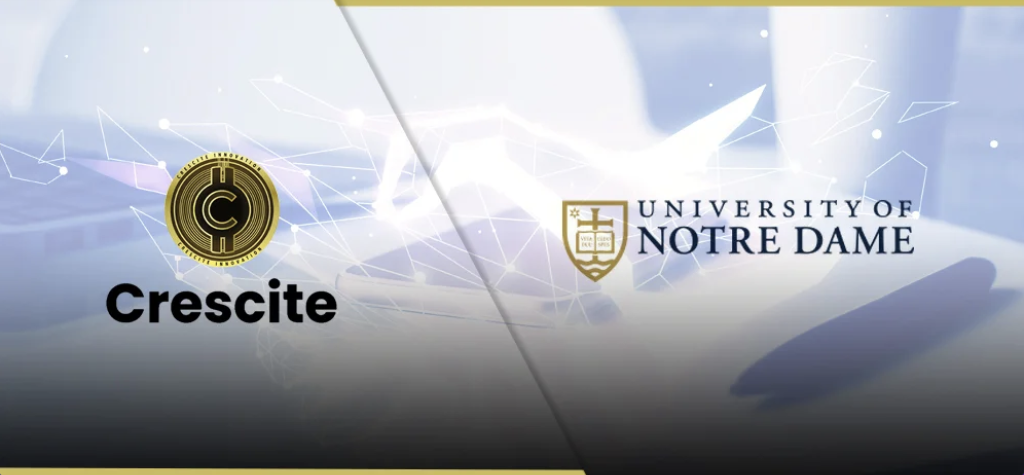A pair of students at Indiana’s Purdue University have created a startup that looks to revolutionize the way blind people are able to study. The startup, called HaptImage, aims to allow visually impaired students to study science, technology, engineering or mathematics (STEM). It was founded by two doctoral students, Shruthi Suresh and Ting Zhang, with help from the school’s National Science Foundation Innovation Corps program, per a Purdue University press release. “The Innovation Corps program allowed us to get out of our comfort zone and understand our invention from a customer perspective,” said Suresh. “It’s a rare insight that very few students get to see as inventors or as researchers.” Promising to “make images instantly accessible to the visually impaired,” the startup is one of more than 500 similar startups that has been supported by the Innovation Corps since 2011. Having raised more than $300 million to train thousands of entrepreneurs at hundreds of higher institutions throughout the U.S., Innovation Corps is designed to get these types of startups off the ground. “Innovation Corps is about helping researchers figure out the commercial potential of their research and the path to commercialization before they invest heavily in more applied work, such as prototyping or starting a company,” said Matthew Lynall, director of Purdue’s National Science Foundation (NSF) Innovation Corps site. “NSF has been instructed by Congress to scale up I-Corps significantly, so it is piloting new programs to reduce participation obstacles and adding new university sites and nodes to increase training capacity.” Purdue was initiated into the Midwest Innovation Corps Node in January of 2017, along with the University of Michigan and the University of Illinois. This regional cohort promotes research, education and infrastructure across the Midwest. Suresh and Zhang went through the national Innovation Corps workshop earlier this year before they created HaptImage at a science lab at Purdue. Now their startup’s image-accessing technology is licensed through the university. “I learned that customers’ needs are an important factor to consider for any product,” said Zhang. “The Purdue Innovation Corps program provided us the opportunity to understand the customer needs all over the country. It also extended our discussion on defining our own value proposition, production channels and key roles involved in the commercialization ecosystem.”
Purdue University student-founded startup looks to help blind students succeed
By Techli
1 noviembre, 2018









